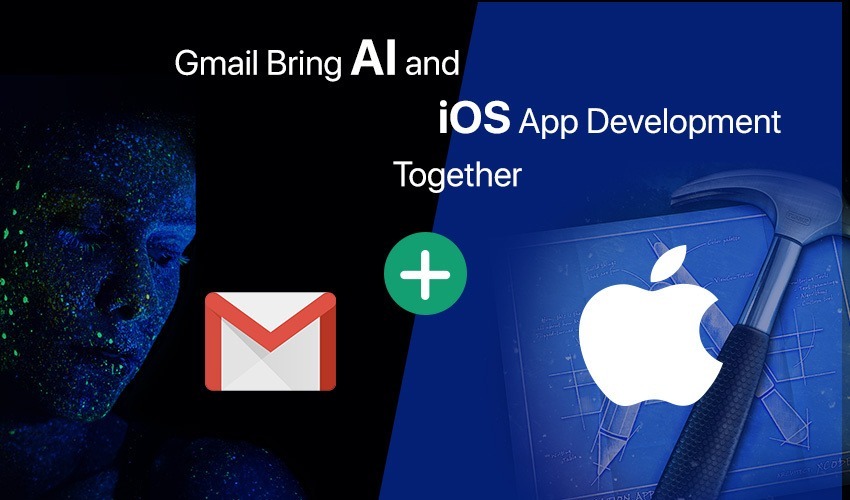
Gmail recently proposed a new development! It was regarding a Gmail app that would work on iOS devices. This update shows us how they have been using AI in their mail application, which iOS devices have used.
You can easily differentiate between high and low-priority email notifications because you’re only notified of the former.
There have been features introduced by Gmail that were again AI-powered. Good examples would be Smart Reply and Nudging.
They went a long way in saving precious user time, which is especially important if the users are business clients.
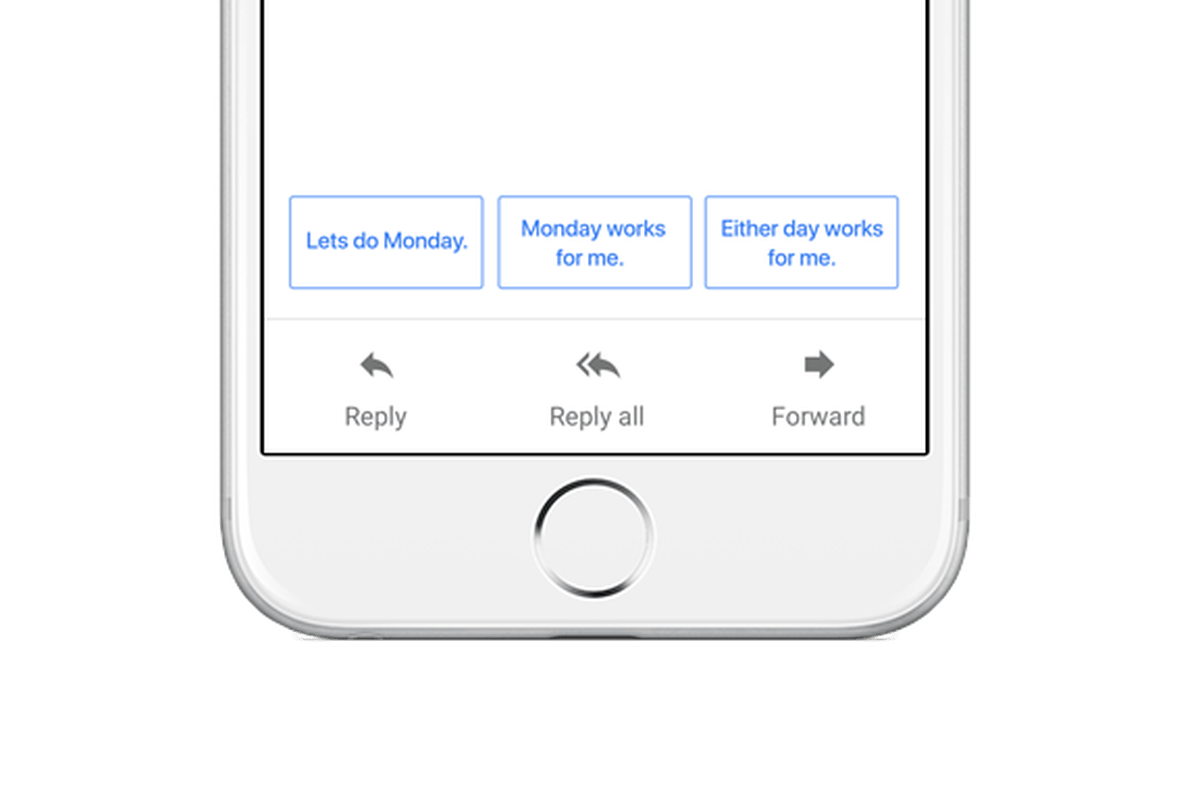
Gmail is a channel of communication for these users. It not only gets information passed on securely, but also does it in a matter of seconds. Thus boosting their overall productivity.
Setting notification priorities and only showing high-priority ones is extremely beneficial. Such an AI-based feature is something every iPhone app development company should keep a sharp eye on.
Table of Contents
An AI-based high-priority notification from Gmail: What is it all about?
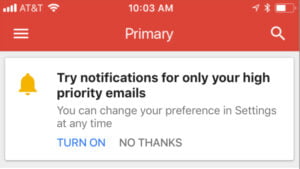
One might remember that Gmail introduced this AI-based feature called Smart Reply to the market a year ago. Because it is powered primarily by artificial intelligence, it could easily and speedily process emails.
It would further have a quick and apt reply ready for the user, after successfully assessing the received email.
Streamlining Email Responses
It would further have a quick and apt reply ready for the user, after successfully assessing the received email.
This deep understanding of language and context helps people save a ton of time they’d have spent manually answering emails.
Taking the same path, Gmail then brought this same powerful feature to its inbox notification.
While a notification for every email seems amazing, it becomes a problem with business accounts receiving thousands of emails daily.
How many notifications will you be able to handle? Would your notification window even be able to stand in the face of such a high intake of mail notifications?
Constant notifications, instead of helping, will only create a nuisance, hindering productivity.
Therefore, this AI feature helps busy users avoid notification interference.
That is reasoning enough for an iOS app development team at Gmail to incorporate this feature in its pilot form.
Gmail keeps on adding AI-enabled features: Why?
Because Gmail understands that such features improve user lives, it’s a wake-up call for mobile app developers. They must significantly improve their systems.
AI will naturally be the next big thing in the world of app development technology, and Gmail is already more than ready for it.
The top iPhone app development brands have started incorporating AI in their apps. They are constantly trying to be on par with all the developments in Machine Learning and AI.
These tech giants stand apart because they understand how the future of mobile apps looks a lot smarter and better with the right use of artificial intelligence in creating them.
Already, many AI-based apps are doing rounds: Did you notice?
Not that Gmail is the first to bring AI to our notice. There have been many previous instances of companies using artificial intelligence to make their apps smarter.
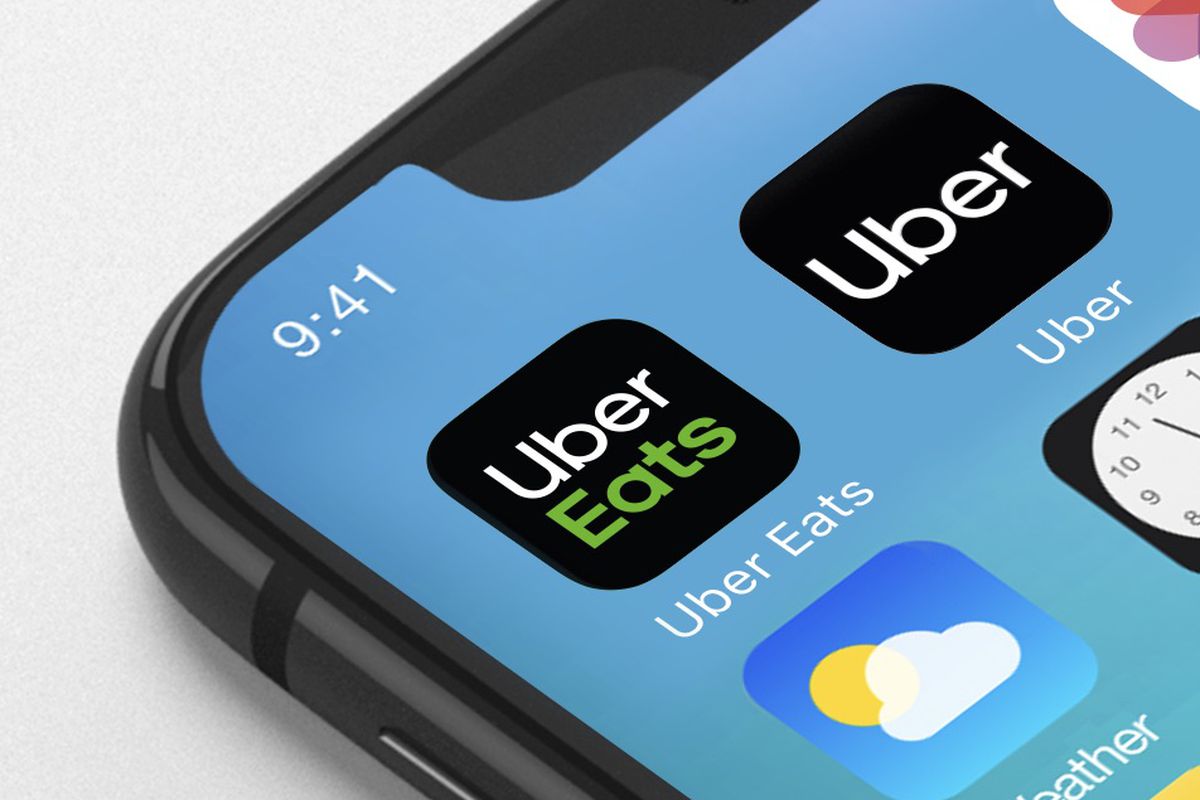
The biggest examples include Uber, a cab booking app. It uses AI to let us know the shortest routes and other alternate routes from point A to B, while also taking live traffic input or any current roadblocks into consideration.
Then Amazon, the widely loved online shopping app, gives you numerous suggestions regarding products you could buy, based on your previous searches. If that isn’t AI-enabled, what is it?
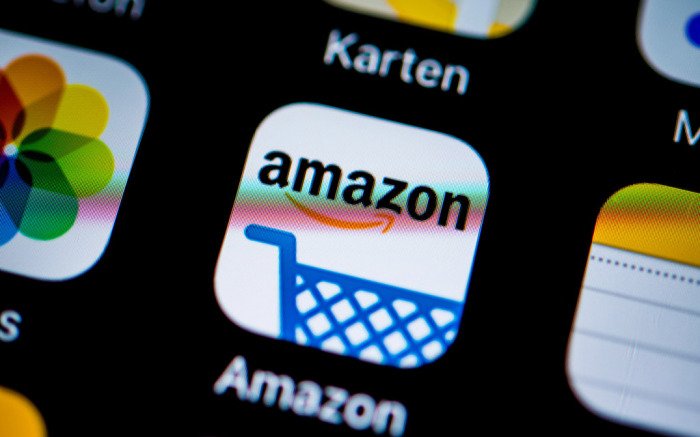
But if one of these products had to come out as the winner, it would be the most recent Alexa, powered by Amazon.
This AI-based personal assistant might just negate the whole idea of having a real person as an assistant if it keeps on being as efficient as it is now.
Alexa accomplishes any task, from playing your favorite song to assisting you with tasks, without breaking a sweat!
Along similar lines, we also have Google Home, which takes care of your schedules, news, reminders, and whatnot.
The app’s entertainment factor also makes it an entertaining and dependable friend!
As AI provides voice recognition, machine learning, and other features, it feels like it’s moving closer to natural human intelligence!
What are the industries that have found a better scope with AI-based apps?
The types of industries that have found, or may be able to find, their niche with the help of AI are just about all of them. There could rarely be a horizon that has not had AI touch it at all.
Whether education, health, real estate, e-commerce, entertainment, or any other industry, the overall user experience is marked by a great high.
With its innate ability to automate processes and add immense value, AI has successfully gained ground in the app and smartphone industry.
By cutting short user effort, reducing the time they have to invest, and increasing value simultaneously, AI is making the user experience much better with each use.
AboutChetan Sheladiya
Related Posts
Machine Learning : A Revolution in the Field of Mobile App Development!
Not so long ago, the introduction of smartphones and mobile applications has swiftly transformed the world paradigm by a few...
Facts That You Should be Aware of Considering Mobile App Maintenance!
Mobile apps have been a savior for many companies around the world. Many businesses are now running over mobile apps, small or...

